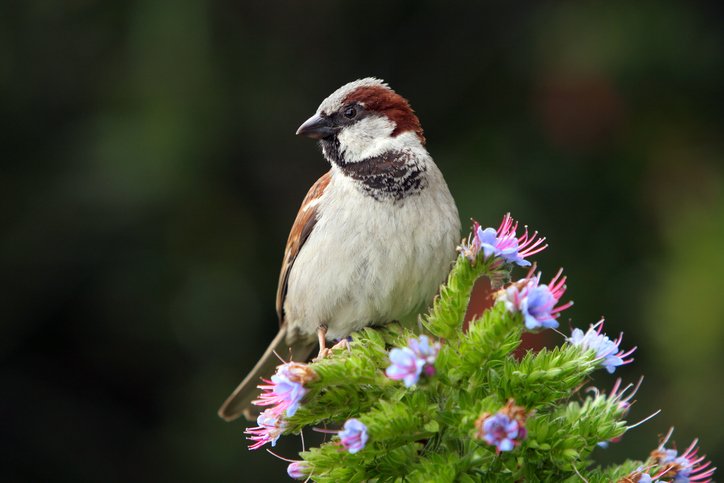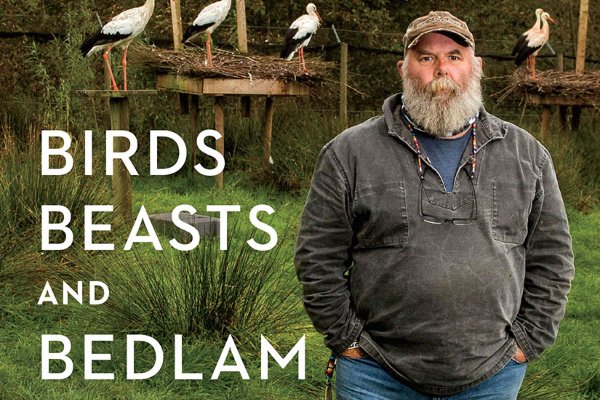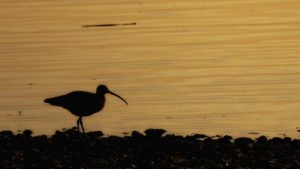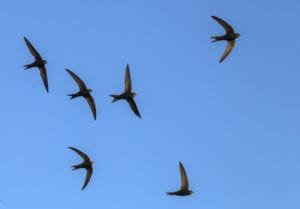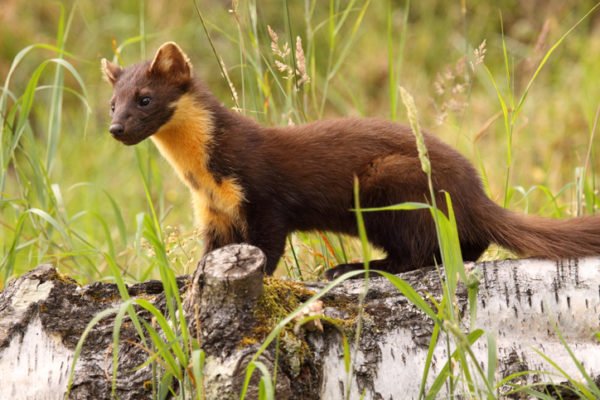Pesticide use by British gardeners is playing a significant role in the populations of our songbirds, according to the first study of its kind, published today (06 Feb) in Science Of The Total Environment.
The study, conducted by researchers at the University of Sussex, shows that gardeners who use pesticides can expect to see fewer birds, especially house sparrows, whose numbers were 25% lower in gardens where commonly available glyphosate was used (known by their brand names such as Roundup or Gallup).
However, the research confirms positive news that providing bird-friendly habitats in gardens increased the number of species recorded, and the abundance of individual species.
Pesticide use in UK gardens
The study, supported by charity SongBird Survival, drew on data gathered by the British Trust for Ornithology, which organises Garden BirdWatch – a citizen science garden bird recording scheme.
It examined information on pesticide use and garden management from 615 garden owners, with owners recording which brands or products they used.
The research revealed that 32% of gardens used pesticides, and that glyphosate-based herbicides made up over half of those applications (53%).
‘The UK has 22 million gardens, which collectively could be a fantastic refuge for wildlife, but not if they are overly tidy and sprayed with poisons. We just don’t need pesticides in our gardens. Many towns around the world are now pesticide free. We should simply ban use of these poisons in urban areas, following the example of France.’
DAVE GOULSON
Professor of Biology at the University of Sussex, supervisor of the research
Increase bird-friendly habitats
In gardens where metaldehyde slug pellets were used, house sparrow numbers were down by almost 40%. While this chemical was banned in 2022, it is likely to exist in garden sheds – and in the environment – for some time.
SongBird Survival funds high-quality science to better understand why Britain’s Songbird numbers have fallen by around 50% in 50 years.
As birds rely on the entire food chain for survival, gardeners concerned with biodiversity loss should rethink their use of pesticides and increase bird-friendly habitats in their gardens via the tips below.
UK bird populations
Overall, the UK breeding bird population has fallen by 19 million breeding birds since the late 1960s.
House sparrow populations have fallen by 70% since the 1970s, with the loss of 10.7 million pairs.
Gardens cover about 400,000 ha – an area bigger than all of our National Parks.
 Play Video about This Rock Might Just Save The World
Play Video about This Rock Might Just Save The World Play Video about Play 2 hours of rock
Play Video about Play 2 hours of rock Play Video about Play 2 hours of brook
Play Video about Play 2 hours of brook Play Video about Play 2 hours of sheep
Play Video about Play 2 hours of sheep

















